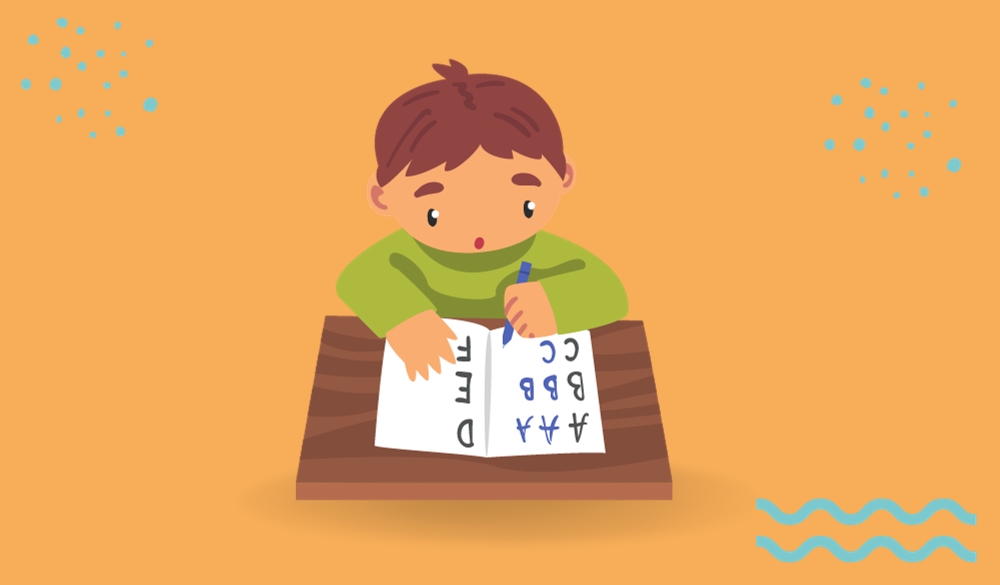4 Tips To Cope With Exam Stress
4 Tips To Cope With Exam Stress

Exams can be a stressful time for anyone, but with the right strategies and mindset, you can overcome the pressure and excel in your studies.
In this post, we’ll share four tips for staying calm and focused during exam season.
1. Eat, sleep and exercise well
Taking care of your physical health is crucial during exam season. This means eating healthy and getting enough sleep, as well as doing some exercise every day.
If you’re stressed about exams, try exercising for at least 15 minutes each day. Even a short walk can help to clear your mind and reduce stress.
2. Set realistic goals
Setting goals can help to keep you motivated, but it’s important to set goals that are realistic and achievable. Don’t aim too high or too low, find a sweet spot that challenges you without overwhelming you.
- Don’t set goals that are too high or too low: If you set a goal that is too difficult, this can lead to frustration and stress when things don’t go according to plan; on the other hand, if you set a goal that is too easy, then there won’t be any challenge for you and this may cause boredom.
- Don’t set goals that are too far away: While it’s good to have long-term aspirations (like becoming an astronaut), these should not be included in short-term plans such as studying for exams! They will only serve as distractions from what needs doing now, which means less time spent studying effectively and more time worrying about whether or not those dreams will come true someday (or even worse – forgetting about them altogether).

3. If you feel like you are struggling, talk to someone you trust
It’s okay to feel overwhelmed by exam stress. If you’re struggling, talk to someone you trust. This could be a friend, family member, or even a professional at your school.
They can help you work through your feelings and come up with a plan for success.
4. Believe in yourself!
The most important thing you can do during exam season is to believe in yourself. You are capable of success, no matter what your grades may be.
Don’t compare yourself to others, focus on your own journey and how you can improve.
If anything happens during the course of your studies where someone else did better than you did on something like an assignment or test grade:
- Don’t panic
- Learn from the experience
- Move forward positively toward achieving success in the future endeavours.
Remember, exams are just one part of your academic journey. No matter what happens, you are more than your grades and you have the power to learn, grow, and succeed.
Believe in yourself and trust the process, and you will come out on top
We hope you feel more prepared to deal with exam stress and are ready to ace your exams!
Good luck!

Did you know that you can try booking a free tutoring lesson through our website? We offer one free session, per student, per subject! So why not make the most and try out where we can be offering your child extra support?
If you have any questions regarding our services, please refer to our Frequently Asked Questions or do not hesitate to reach out to us.




























